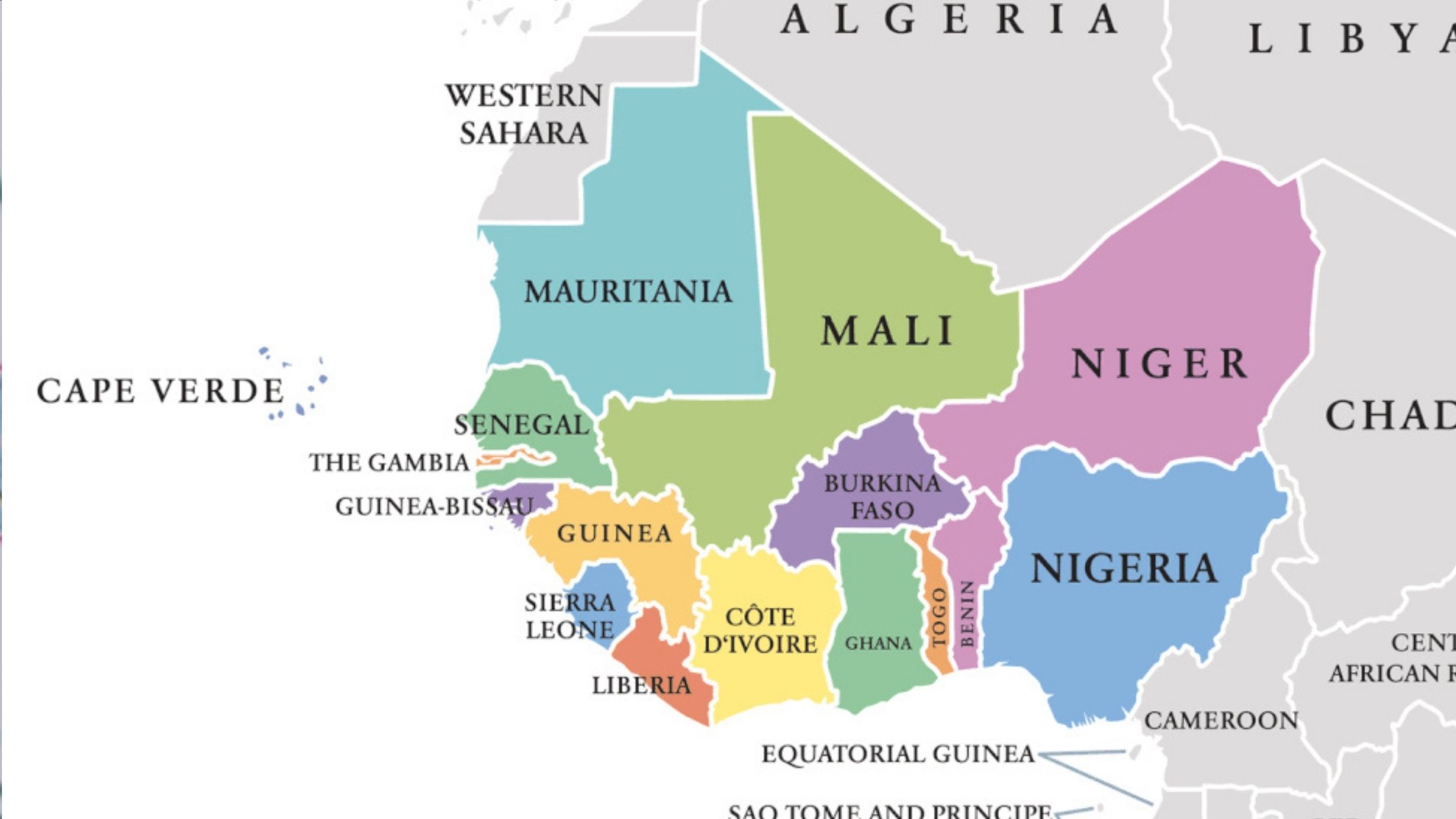West Africa is spearheading efforts to make travel across the African continent more accessible for its citizens. According to the latest Africa Visa Openness Index (AVOI), the region is home to eight of the top 20 African countries with the most liberal visa policies. These include Benin, The Gambia, Ghana, Nigeria, Cabo Verde, Guinea-Bissau, Senegal, and Sierra Leone, showcasing a progressive approach to fostering regional mobility.
Among the standout performers, Benin and The Gambia have emerged as leaders by offering visa-free access to citizens of all African nations. This initiative places them alongside Rwanda and Seychelles as the only African countries to eliminate visa requirements for all Africans. These policies are a significant step forward in realizing the continent’s aspirations for greater mobility, economic integration, and intra-Africa trading.
Despite West Africa’s progress, the AVOI report highlights persistent challenges across the continent. A staggering 29 African nations still require visas from citizens of at least half of the continent’s countries. This reality conflicts with the goals of regional integration championed by organizations like the African Union (AU) and the African Development Bank (AfDB).
Dr. Joy Kategekwa, Director of Regional Integration at the AfDB, commented on this issue:
“Africans continue to require visas for the most part to enter other African countries, which is one of the most profound contradictions to the continent’s aspirations for regional integration. One thing is clear – Africa will not meet its development aspirations in the absence of regimes that promote mobility across the continent.”
Alignment with AfCFTA Goals
The drive for visa openness aligns with the African Continental Free Trade Area (AfCFTA), which aims to enhance the free movement of people, goods, and services. Liberal visa policies in many West African countries complement AfCFTA’s objectives, creating an environment conducive to trade, investment, and collaboration across borders.
Infrastructure Boosting Regional Mobility
In addition to visa reforms, West Africa is investing heavily in infrastructure projects to enhance connectivity and trade. A prime example is the Abidjan-Lagos coastal highway, a transnational route connecting Côte d’Ivoire, Ghana, Togo, Benin, and Nigeria. Spanning over 1,028 kilometers, the highway is expected to significantly ease the movement of goods and people. With construction set to begin in 2026 and completion targeted by 2030, the project has already secured $15.6 billion in investment commitments, largely backed by the AfDB.
Similarly, Ghana recently launched the Tema-Mpakadan railway line, a 97-kilometer stretch forming part of the Ghana-Burkina Faso Interconnectivity Project. This railway is designed to transform trade and transportation between the two nations and beyond, unlocking new opportunities for businesses and traders.
Towards a More Interconnected Africa
West Africa’s leadership in liberalizing visa policies and investing in large-scale infrastructure projects underscores its commitment to fostering regional integration. These efforts not only pave the way for easier travel but also strengthen the foundations for economic growth and collaboration.
While challenges persist, the steps taken by West African nations provide a blueprint for how the continent can work towards achieving its development aspirations through greater mobility and connectivity.
